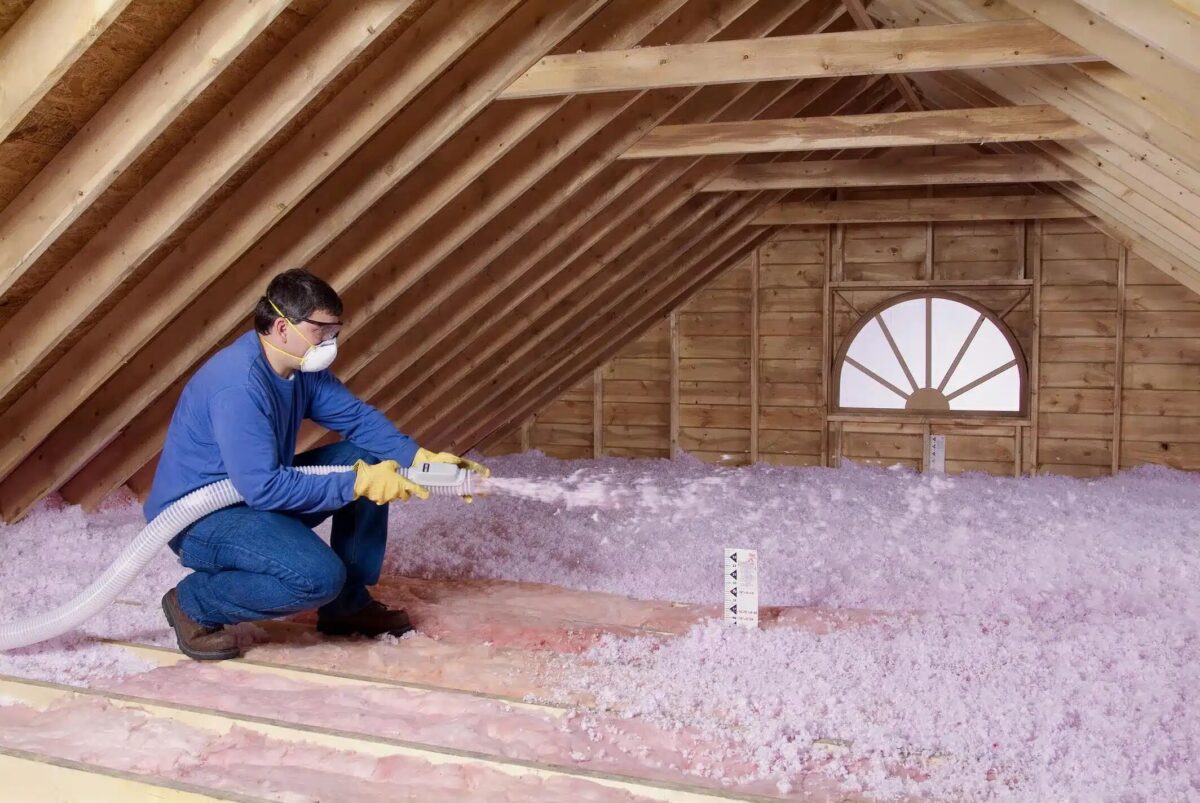Real Estate 101: Buying Your First Property

As far as significant milestones are concerned, buying your first ever property must be pretty high on the list. However, this often represents a major financial and emotional investment. Usually, this move marks a turning point in life.
It is a step closer to independence, stability, and long-term security. You might want to escape the cycle of renting, to build wealth, or to create a family home. Whichever your motivation might be, don’t expect the process to be simple and quick. With this guide, however, you’ll know how to prepare yourself and make informed decisions all the way.
Understand Your Financial Situation
First things first, you’ll need to assess your financial situation. Before beginning your property search, make sure to gain a clear understanding of your financial position. You should go through your income, savings, and spending habits.
This process will help you know exactly how much money you have available for a down payment. That way, you’ll be able to set realistic expectations and prevent disappointment down the track.
Your credit score also plays a vital role in determining your borrowing power. Lenders use it to evaluate how risky it is to lend you money. The higher your credit score, the more likely you are to secure a favourable mortgage rate. If your score is less than ideal, consider improving it by paying off outstanding debts and making timely bill payments.
Get Pre-Approved for a Mortgage
After you get a solid understanding of your finances, you can focus on the step number two. Here, you should seek mortgage pre-approval. This involves a lender reviewing your credit report, income, employment status, and other financial information to determine how much they are willing to lend you.
Getting pre-approved gives you a clearer idea of your budget and it demonstrates to sellers that you’re a serious buyer. One important step here is to consider what type of mortgage works best for you. Fixed-rate mortgages offer stability, with the same interest rate over the life of the loan, while variable or adjustable-rate mortgages can start lower but may fluctuate over time. Your decision will depend on your financial goals and your comfort level with risk.
Define What You’re Looking For
As soon as you’re done thinking about finances, you can start thinking about your ideal property. In order to narrow your search and avoid wasting time, you should reflect on your lifestyle, career goals, and long-term plans.
Are you looking for a starter home you’ll sell in five years, or do you want a forever home where you can grow your family? Is proximity to your workplace important, or are you willing to commute in exchange for a larger space or better amenitie
You might prefer a low-maintenance apartment, a cosy townhouse, a detached house with a backyard, or a gorgeous property for sale in Ipswich. Each has its own advantages and trade-offs, particularly in terms of space, privacy, and price. Try to distinguish between your must-haves and your nice-to-haves. For example, you might need three bedrooms to accommodate a growing family, but a pool or home office could be optional features.
Research the Market
To reach your dream property, you should get familiar with the market. Doing a thorough market research will help you familiarize yourself with potential neighbourhoods. It could narrow your search on areas that align with your needs and budget.
A practical thing you can do is start attending open houses. This will show you the situation on the market, but it will also sharpen your instincts as a buyer. Furthermore, an experienced and valuable insights real estate agent could help you with valuable insights.
Make an Offer
Once you find a property that feels right, you should make an offer. With the help of your agent, you should draft a formal offer letter, which includes the proposed purchase price and any conditions or contingencies.
The ability to secure financing, the results of a home inspection, or the sale of your current home should all be included here. To reach the best deal possible, make sure to practice your negotiation techniques. Staying patient and remaining clear on your budget will help you immensely.
Close the Deal
Before signing, make sure to conduct a home inspection and property appraisal. This will help you identify any structural issues, hidden damage, or potential safety hazards. If everything turns out to be fine, go ahead and close the deal.
The last steps of buying your first property include finalizing the mortgage, signing a stack of legal documents, and paying the remaining costs associated with the purchase. Closing costs may involve attorney fees, title insurance, loan origination fees, and other administrative expenses. Once everything is signed, and the funds are transferred, ownership of the property will officially pass to you.
Conclusion
Purchasing your first property is an exciting journey. While the process may seem complex at first, taking the time to educate yourself and plan strategically will help you make smart choices and avoid costly mistakes. Remember, this is a major step toward building the life you envision. With patience, preparation, and the right support, you can turn the dream of homeownership into a reality









